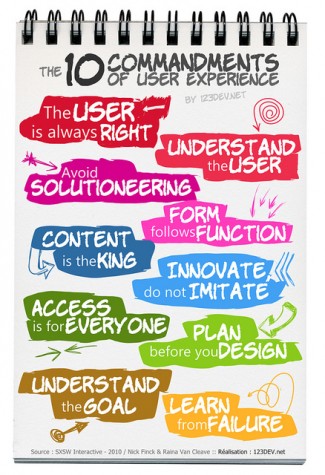Teaching kids to code has become a primary focus of the American education system, more urgently addressed than the outcry over schools’ lack of free play time and complaints about standardized testing. In his final State of the Union address in January, President Obama announced his intentions to bring computer science to every student in the country. Schools in New York City and LA are already moving toward this future by instituting coding classes for every grade, including kindergarten. With the help of Microsoft, even the Nation’s smallest state, Rhode Island, has begun acting on an initiative to offer a computer science program in each of its public schools. After-school coding clubs are popping up all over the place, with young people learning programming skills using Minecraft and other favorite themes and characters. Then there’s the latest trend in computer science: states moving to classify coding as a foreign language.
You might have serious reservations about coding as a foreign language. Coding is a skill kids should learn, and many kids will use coding and related skills throughout their future careers. And it’s true that coding is more than just 1s and 0s, with actual coding languages for different platforms, each with its own syntax and conventions. But unlike learning French or Spanish, learning coding languages won’t immerse kids in another culture with centuries of history. You can’t speak Python at an outdoor market in Portugal. Knowing HTML won’t get you a better hotel rate in Hong Kong. JavaScript and Javanese are two very, very different things.
Schools are already short on time spent learning social emotional learning (SEL) skills. Foreign language classes remain a bastion for the instruction of these “soft skills.” In foreign language class, kids aren’t just learning to speak and write a language, they are learning to look at the root of things, to assess and navigate varying social dynamics, and examining their own culture and philosophy in the process. They are strengthening thinking skills like self-awareness, empathy, cognitive flexibility, and working memory. The problem is that students in most public schools don’t start foreign language classes until middle or high school, and it’s becoming more and more apparent that soft skill instruction must come earlier. Kids who begin learning SEL, critical thinking, problem-solving, and executive functioning skills in Kindergarten are more well-rounded and successful for the duration of their academic careers. So where does coding and computer science fit into all of this?

One of the many infographics available on the web that detail the facets of User Experience. Image courtesy flickr user Olivier Mordefroid.
First I’m just going to come right out and say that I think classifying coding as a foreign language is short-sighted in a number of ways that I won’t get into here. In no way do I believe that coding should replace foreign language instruction.
That being said, besides just the memorization and repetition, coding and computer science have more in common with foreign language class than you might think. Coding languages are complex languages that introduce kids to math, science, engineering, and technology, and it doesn’t end at left-brain exercise. Just as with foreign language learning, learning computer science means tons of soft skill practice. Critical thinking, problem-solving, executive functions — they’re all there. Yes, even the SEL skills. Aside from the social skills kids develop by working as part of a team, they’ll eventually also need to consider what they are coding and who it’s for. This is called User Experience, and it’s a whole branch of computer science that evaluates a finished product and takes the end user into consideration; who am I building this website/app/game for, and is it easy for them to access and navigate? When it comes to coding, we’re talking major flexibility, self-reflection, and social-awareness skills.
The push to teach our kids to code didn’t come about because of all the awesome skills they can learn along the way, but why not embrace a happy side effect? No matter where you stand on the debate over coding as a foreign language, there’s no denying that kids can learn skills in computer science class that will help make them successful throughout their school and working careers. As for whether your child will be prepared for that amazing future career opportunity in China? Well, they’re probably gonna need a few foreign language classes for that.
Here’s more information about how games and apps can help your kids develop SEL and other thinking skills, along with some specific recommendations. We’ve also written about the kinds of things game and app developers can do to embrace positive psychology, and why it’s so important that girls play games and learn to code.
Featured image: Leah Watkins, 2016





